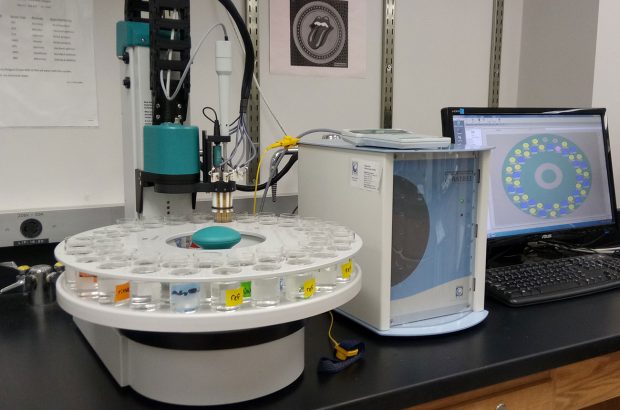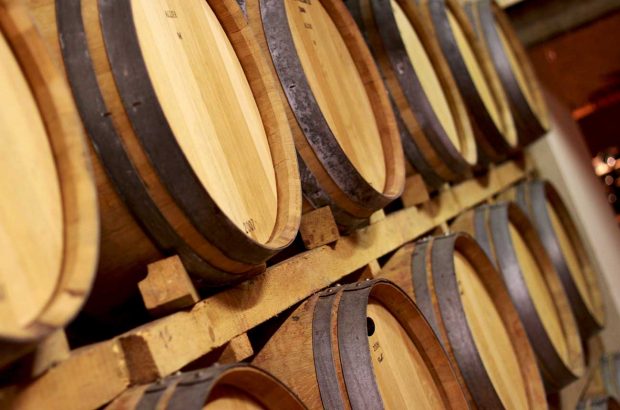What is a field blend, and how does it impact the taste of your wine...?
Does a ‘field blend’ affect taste? – ask Decanter
Geoff Grady, London W8 asks: Do you get the same result (in terms of taste, complexity, integration etc) in a wine made from a field blend as one produced either by co-fermentation or from blending base wines?
Dirceu Vianna Junior MW replies: I recall a blending session at Bordeaux University years ago with the late Denis Dubourdieu, which left no doubt that, when skilfully done, the blending of base wines gives the finished wine another dimension (more than the sum of its parts), including better texture and added complexity – though it is often possible to pick out the characters of an individual variety.
See also: Understanding wine blends – the basics
Co-fermentation, in simple terms, is the practice of fermenting two or more grape varieties together. In my experience, it results in wines that are better integrated and enriched in texture much earlier in their life.
A field blend is similar to co-fermentation in terms of the winemaking process, although the grapes themselves originate from the same parcel of vineyard.
The wines tend to express their sense of place beautifully, as well as showing better integration and more complexity than if it were a varietal wine from the same vineyard.
If you wish to experience this yourself, try comparing two reds from Quinta do Crasto in Portugal’s Douro region from the same vintage: Maria Teresa 2013 (£115 a bottle from Great Western Wine – pricey but worth it), which is a field blend from vines more than 100 years old, with the winery’s Douro Superior 2013 (£14.95 from Great Western Wine), made from the blending of base wines from different vineyards.
Dirceu Vianna Junior MW is a wine consultant, educator, author and judge.
This question first appeared in the May 2018 issue of Decanter magazine, subscribe to Decanter here.
To get your question answered, email us: editor@decanter.com or on social media with #askDecanter
More wine questions answered here





